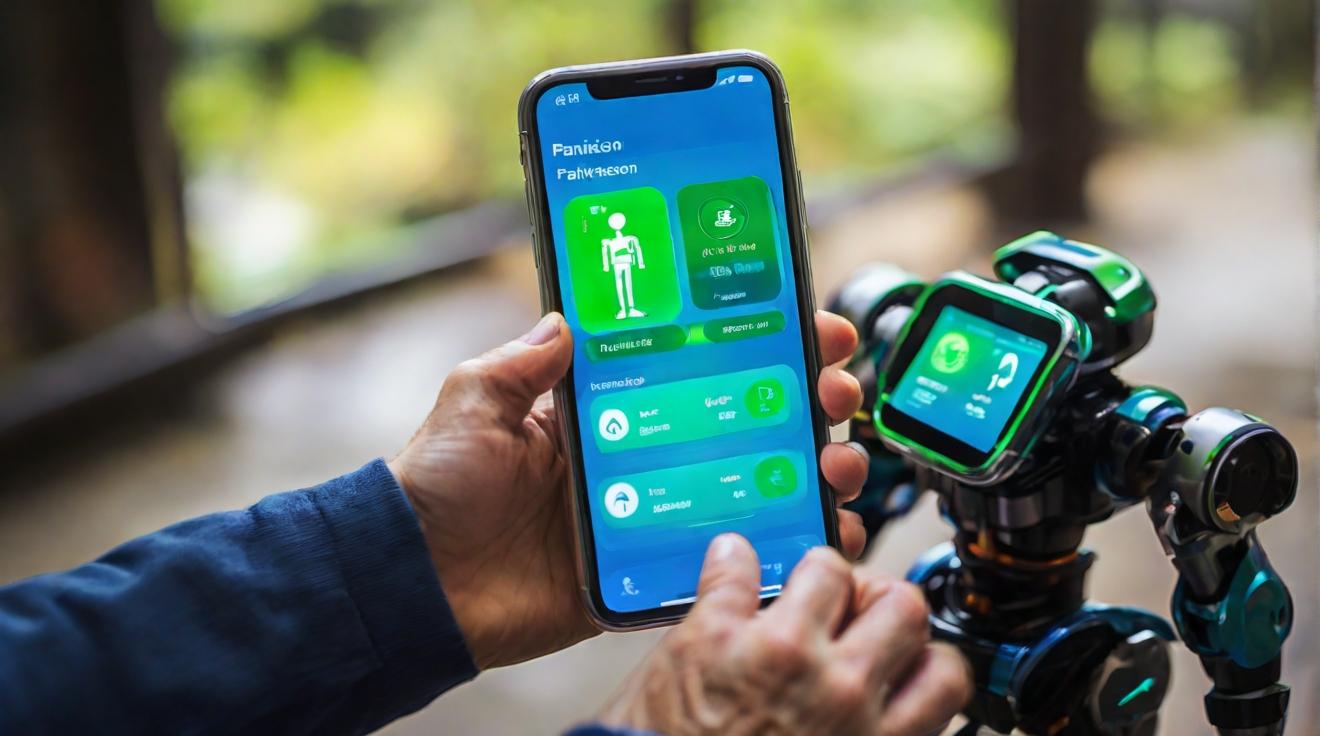Smartphone Apps: A Revolution in Parkinson's Disease Management
In a groundbreaking overview by Zoltan Mari, MD, the use of smartphone applications has been highlighted as a transformative tool for individuals grappling with Parkinson's disease (PD). Among these, a keyboard typing assistance app emerges as a beacon of hope, promising to revolutionize the way we approach PD management and support.
The potential of smartphone applications extends far beyond convenience, touching on vital aspects of monitoring, diagnosis, and early detection of Parkinson's disease. This is particularly exemplified in a keyboard typing application, developed by a pioneering company where Dr. Mari is involved. This app leverages technology to monitor changes in typing behavior, offering a sensitive gauge for disease progression and treatment response.
Complementing Traditional Diagnostic Methods
This innovative approach works hand in hand with conventional diagnostic tools, such as the FDA-approved SPECT-Ioflopane imaging study, also known as the virtual DaT scan. This method evaluates the integrity of the nigrostriatal dopaminergic system, a critical aspect in the pathology of Parkinson's disease.
The keyboard typing tool aims to seize upon the subtle shifts in behavior indicative of early-stage Parkinson's disease, potentially before motor symptoms even manifest. This presents a cost-effective, widely accessible solution to identify individuals who may benefit from further diagnostic examination.
Addressing Freezing of Gait with Robotics
The exploration doesn’t stop at early detection. Freezing of gait, a particularly challenging symptom of PD, is also in the crosshairs of technological innovation. Dr. Mari delves into the promise of robotic assistance to tackle this issue, with case reports and ongoing research investigating harness-assisted hip flexion, laser beams from canes, and vibration cues in footwear as potential remedies.
However, the emphasis remains on the imperative need to validate these technologies for freezing of gait detection before they can be broadly implemented. Current treatments for this symptom are admittedly limited, yet these pioneering technological strides offer a glimmer of hope for enhanced disease management and quality of life for those living with Parkinson's disease.
The Road Ahead
While these innovative technologies herald a new era in Parkinson's disease management, their integration into clinical practice hinges on further research and validation efforts. The journey towards harnessing the full potential of these applications and devices is a challenging one, yet the implications for patients and healthcare providers alike could be profound.
In essence, the paradigm of Parkinson's disease management is poised for a significant shift, courtesy of smartphone applications and robotic aids. As research progresses and these technologies are refined, they stand to offer invaluable insights and interventions, potentially altering the course of PD treatment forever.
Analyst comment
Positive news: Smartphone apps are highlighted as a transformative tool for Parkinson’s disease management. The keyboard typing assistance app can monitor disease progression and treatment response. This cost-effective solution can help identify individuals who may benefit from further diagnostic examination. Robotic assistance is also being explored to tackle freezing of gait. However, further research and validation efforts are needed before these technologies can be widely implemented. Overall, these innovations have the potential to significantly shift Parkinson’s disease management and improve quality of life for patients.













